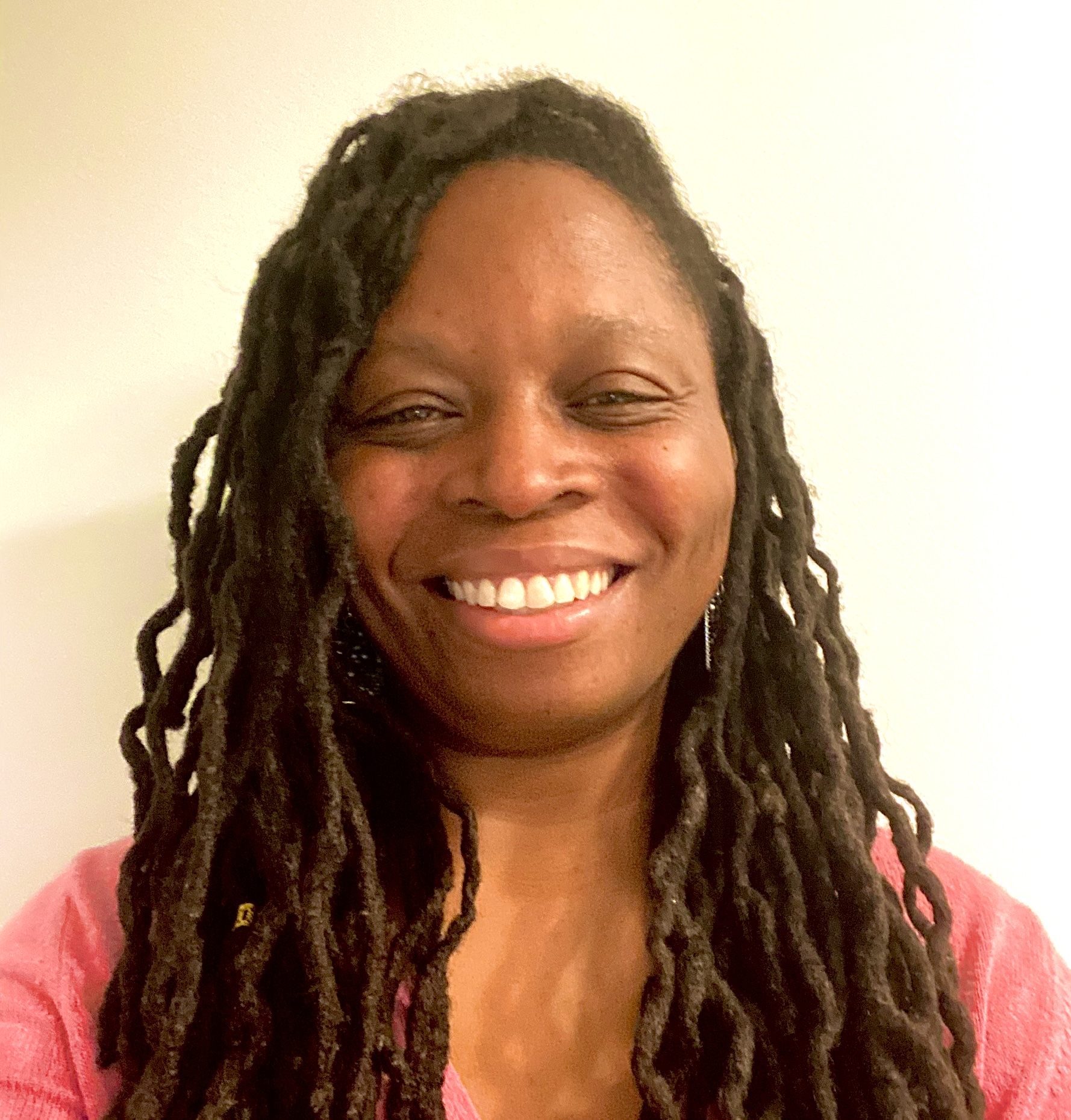Information Hub / Events Continuing Education
Power, Privilege, and Therapist Self-Awareness: Integrating Culture into Psychodynamic Psychotherapy with Foster Youth and Families
1:00 PMThursday, July 24 2025
12:00 PMThursday, July 24 2025
11:00 AMThursday, July 24 2025
10:00 AMThursday, July 24 2025
9:00 AMThursday, July 24 2025
7:00 AM

Dr. Bree McDaniel (she/her) is a licensed clinical psychologist and organizational consultant, and the founder of Integrative Consulting & Psych Services, a psychotherapy and consulting practice based in Los Angeles, California. Her work is profoundly informed by her lived experience as a Black Queer Woman and her extensive training in psychodynamic theory and practice. Employing a contemporary relational psychodynamic and Intersectional approach, Dr. McDaniel centers BIPOC communities in her practice. She is also a psychoanalytic candidate at the Chicago Center for Psychoanalysis & Psychotherapy. In the past, she has trained and supervised mental health professionals in various settings, including community mental health, inpatient, substance use treatment, school-based, human rights, and university settings. Dr. McDaniel completed her predoctoral internship and postdoctoral fellowship at the Ann Martin Center, where she received psychodynamic training to provide psychotherapy to children, adolescence, and families, including youth with lived experience in foster care. She values the importance of a healthy life-work balance. To achieve this, she regularly engages in creative practices, meditation, time and nature, and spending quality time with loved ones in her community.
Working with foster youth, adults, and their families requires more than theoretical knowledge, it calls for deep reflection of the therapist’s own cultural identity, positionality, and the dynamics of power and privilege that emerge in the therapeutic space. This workshop explores the intersection of culture, power and privilege, the historical and sociopolitical context, systemic trauma, and psychodynamic principles in work with individuals with lived experience in the foster care system—including youth, adults, and their families.
Participants will engage in reflective exercises to enhance self-awareness of their own cultural lenses and implicit biases, while examining how these shape clinical judgment, therapeutic rapport and alliance. Through vignettes, case examples, discussion, and interactive exercises, we will explore how psychodynamic concepts—such as attunement, meaning making, and transference and countertransference—can be applied in a culturally responsive manner.
Special attention will be given to understanding the unique sociocultural experiences of individuals with lived experience in the foster care system, including issues of class, race, gender, and systemic trauma and how therapists can work towards cultural humility and responsiveness. This workshop aims to empower clinicians to foster more authentic, attuned, and transformative therapeutic relationships.
This course is eligible for 2.0 continuing education credits.
This course is suitable for Psychologists, LMHCs, MFTs, Social Workers, LPCs, and Counselors.
Introductory
10:00am-10:10am - Introduction/Overview
10:10am-10:30am – Overview on Providing Culturally-Affirming Care from a Psychodynamic
Perspective
10:30am-10:40am – Discussion
10:40am-11:00am – Overview of Power, Privilege and Therapist Self-Awareness
11:00am-11:15am – Experiential Exercise on Power, Privilege and Therapist Self-Awareness
11:15am-11:30am – Discussion
11:30am-11:45am - Interventions to support children and families
11:45am-12:00pm - Conclusion/Q&A
- Identify and describe at least three areas where they hold a positionally of privilege and begin to think about how this shows up in their work with individuals with lived experience in foster care, including youth, adults, and their families.
- List one to two methods for providing culturally-affirming care informed by psychodynamic principles for foster youth and caregivers.
- Identify and apply at least two strategies for integrating self-reflection and cultural humility into their clinical work with individuals with lived experience in foster care.
